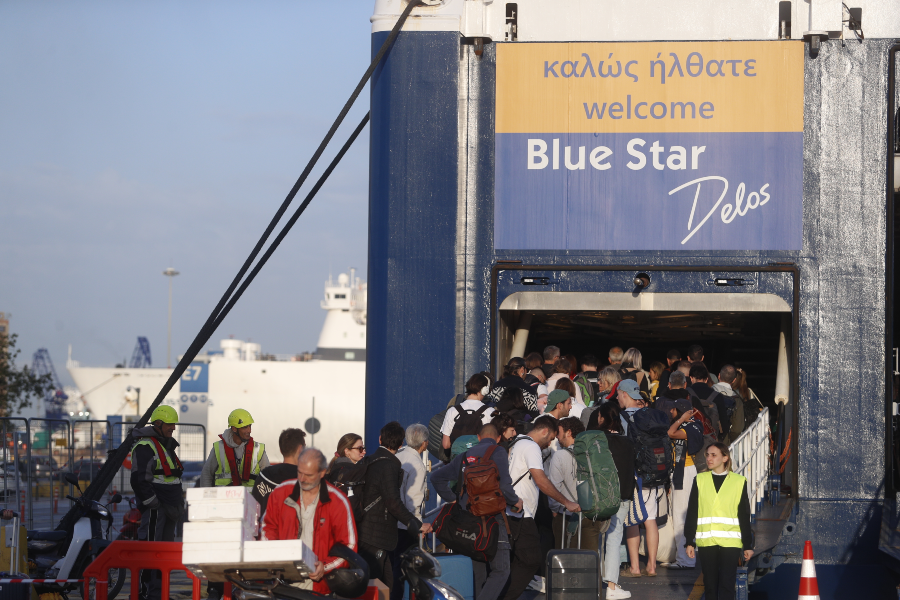On January 15, 2025, it was announced that ferry ticket prices in Greece are set to rise by 15%, largely due to new EU environmental regulations targeting emissions in the Mediterranean region.
The fare hikes will affect both passenger tickets and vehicle transport services, as operators struggle with increased costs related to controlling carbon and sulfur emissions.
Industry specialists highlight that ferry operators are unable to absorb these new financial pressures. They point to escalating expenses due to carbon emission permits, the higher cost of low-sulfur fuel, and investments in eco-friendly technologies.
Shipping officials remark that businesses are operating with very thin profit margins, making ticket price increases unavoidable.
Currently, the Emission Trading System (ETS) and Sulfur Emissions Control Areas (SECA) regulations are being implemented for routes to Crete and the Adriatic. A full rollout across the Aegean is slated for 2029.
Additionally, EU fuel regulations necessitate the use of more expensive biofuels, which are currently in short supply.
The Foundation for Economic and Industrial Research (IOBE) estimates these changes will contribute an additional €320 million to operating costs by 2031.
Ferry companies have started to inform their partners about the upcoming price adjustments. Minoan Lines, for instance, has announced a €2.50 per linear meter increase in freight charges for the Piraeus-Crete routes. Cabin fares on these routes will rise from €96 to €110.40, while economy-class tickets will go up from €37 to €42.50.
Research suggests that reduced service availability and increased costs will result in a 10.4% drop in passenger traffic and the potential loss of 16,000 jobs by 2031.
Economically, these changes may lead to GDP losses exceeding €650 million.
Minister of Shipping and Island Policy Christos Stylianides stressed the importance of modernizing the fleet at a recent forum. He announced that €265 million has been secured for eco-friendly ship construction through public-private partnerships, highlighting the government’s focus on sustainability.
Despite these efforts, experts note that fleet modernization, with an estimated cost of €3 billion, presents substantial challenges.
An industry insider described the situation as “a vicious cycle,” where rising costs reduce demand, further squeezing profitability.
With rising ticket prices, both consumers and businesses in Greece are preparing for the long-term effects on the country’s vital maritime links.
Source: pagenews.gr
